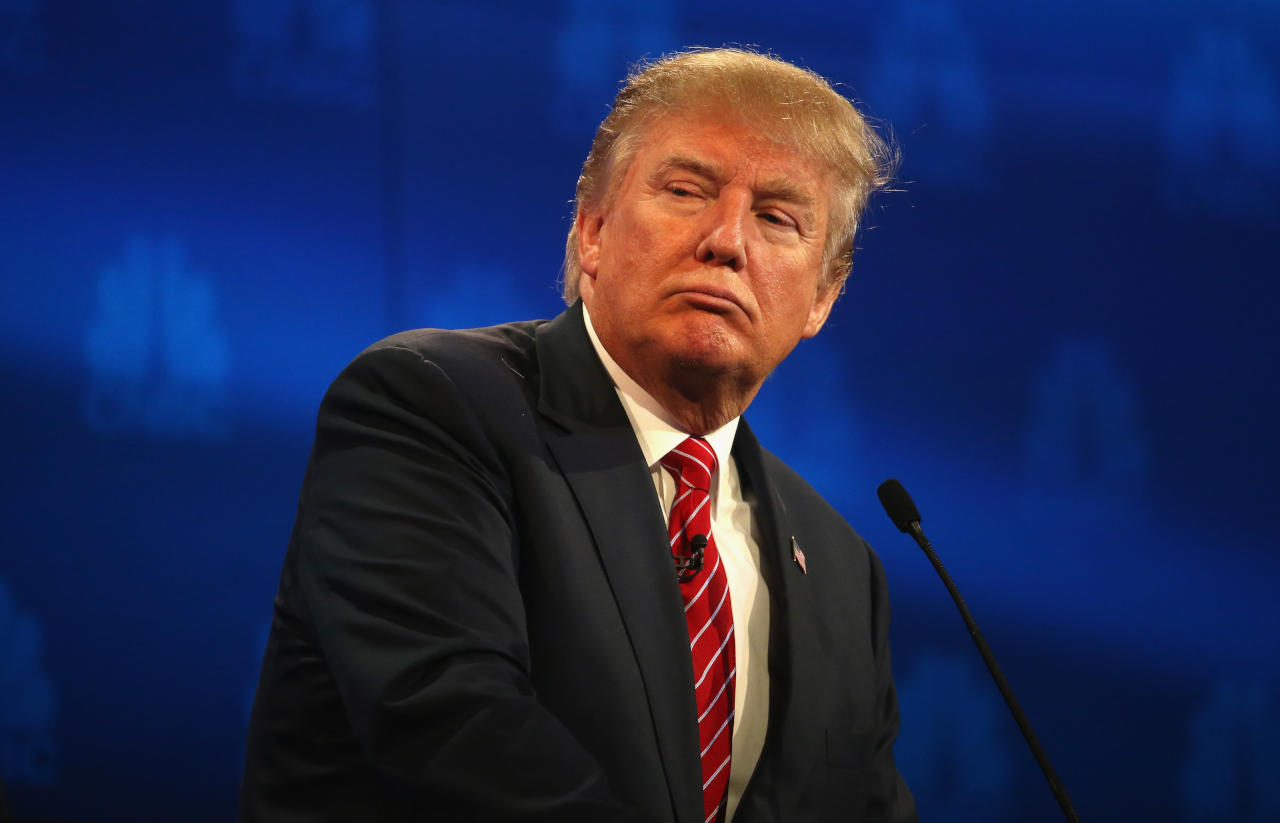"Wellness Farms" by Trump: Controversial Solutions to the Mental Health Crisis in America

According to the announced directions, wellness farms are a form of involuntary confinement where the homeless and those with mental health disorders or addictions will be placed in treatment centers without their consent, based on unclear assessments.
The cancellation of community care through the reduction of funding for housing and social support programs, replaced by closed institutions. With hints that inmates will be forced to work as part of "rehabilitation," in a framework resembling slavery.
Ideological oversight: Concerns about these centers promoting "re-education" programs based on extreme right-wing ideas, especially after Kennedy Jr.'s statements describing antidepressants as "as dangerous as heroin."
The plan is not new. Former Brazilian President Jair Bolsonaro implemented similar policies, including:
Closing community mental health centers.
Funding "therapeutic communities" that practiced systematic abuses, such as forced labor and deprivation of medication.
Turning mental health issues into a tool of political repression, especially against the poor and Black individuals.
Now, it seems that Trump and Kennedy are seeking to replicate this model in the United States, exploiting the mental health crisis (such as rising rates of suicide and addiction) to justify policies that undermine freedoms.
This plan is considered dangerous if implemented due to the lack of guarantees, as there are no oversight mechanisms to prevent torture or abuse, as happened in old asylums. And the politicization of psychiatry by using diagnoses as a tool to target opponents or marginalized groups and dismantling public care by abolishing programs like "Housing First" and harm reduction services, which increases the suffering of the vulnerable.
Trump and Kennedy use an anti-psychiatry discourse to serve an authoritarian agenda, such as exaggerating the risks of psychiatric drugs (despite the lack of scientific evidence), while ignoring the real causes of mental health crises, such as poverty and systemic violence.
Experts believe that instead of returning to a punitive model, the American system needs to invest in community care (supportive housing, unconditional crisis teams). And address the root causes (poverty, racism, childhood trauma). And ensure patient participation in program design, rejecting the coercive model.
If Trump's plans succeed, we may witness the return of asylums from the dark age – but this time under the banners of "treatment" and "security."